Delta Waterfowl Applauds Modernization of Canada’s Migratory Bird Hunting Regulations

Canada is updating its migratory game bird regulations to make it easier to be a waterfowl hunter.
The Canadian Wildlife Service has proposed a number of key changes that simplify and clarify regulations, particularly regarding possession, transportation and gifting of harvested waterfowl. Another key provision provides free migratory game bird hunting permits and habitat conservation stamps for all youth hunters.
“Delta Waterfowl commends the CWS staff on the proposed modernization regulations package that will have several benefits to hunters,” said Jim Fisher, senior director of Canadian conservation and hunting policy.
Under the proposed rules, once a bird is preserved — plucked or the meat removed from the carcass, and then frozen, cooked, dried, canned or smoked — it would no longer count toward a hunter’s possession limit. Harvested birds would still count in the possession limit until they are preserved, but now hunters would have the option of leaving either a fully feathered head or one wing attached for identification of unpreserved birds. (Note: Even if frozen, foreign hunters planning to take waterfowl back to the United States must still keep a head or wing on each bird to comply with U.S. Fish and Wildlife Regulations.)
Transportation of harvested birds by another person will become easier. Instead of the requirement to tag each individual duck or goose, groups of birds could be transported in a batch with one label.
Also, the new rules propose a free charity permit, which would allow birds to be gifted to food banks and soup kitchens, as well as for use at charitable fundraising events as long as the profits from the events are used for the conservation of migratory birds.
Youth hunters (between 10 and 18, depending on province) can obtain free migratory game bird hunting permits and habitat conservation stamps valid for the entire season. The current rules allow youth to hunt for free only during special Waterfowler Heritage Days. Youths would be required to hunt with an adult mentor, but mentors would also allowed to hunt and shoot. Under the proposal, Waterfowler Heritage Days would be eliminated.
“The provision of free permits and duck stamps for youth hunters sends a strong positive signal that we care about hunter recruitment to ensure the future of hunting,” Fisher said. “Waterfowl hunting participation has declined dramatically since the 1970s, and it’s important for conservation that we reverse the trend. Removing the cost barrier will allow more people to take up waterfowl hunting, and ultimately, lead to a higher number of duck hunters. While we are disappointed to see the loss of the Waterfowler Heritage Days, we believe these changes will result in a higher overall hunter recruitment rate across the country.”
Other provisions of the modernization clarify that it is illegal to use drones to aid in hunting migratory birds and illegal to abandon harvested birds.
The full text of the document can be found here. Public comments can be made through July 30 to Caroline Ladanowski, Director, Wildlife Management and Regulatory Affairs Division, Canadian Wildlife Service, Department of the Environment, Gatineau, Quebec K1A 0H3 (fax: 819‑938‑4147; email: ec.ReglementsFaune-WildlifeRegulations.ec@canada.ca).

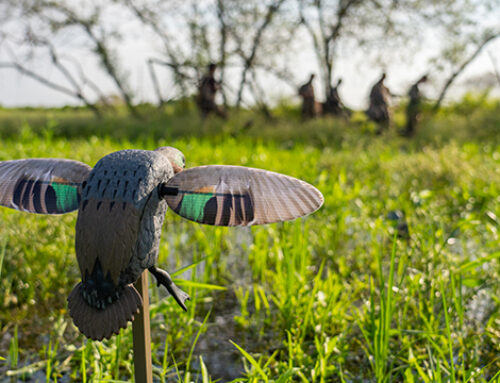
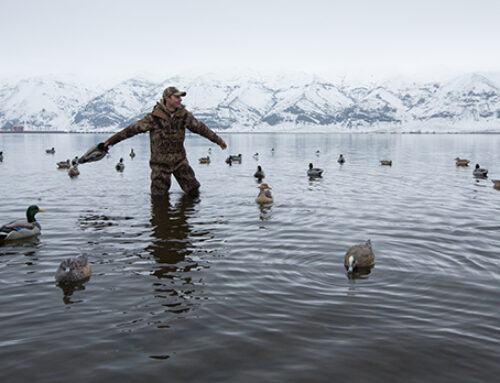
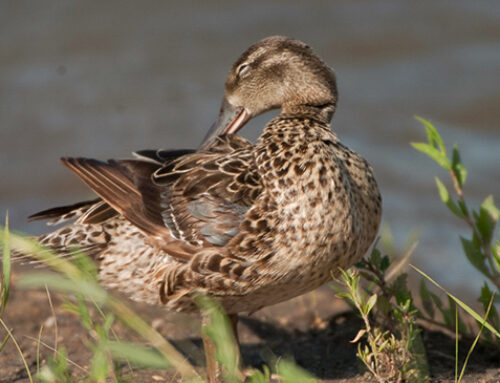
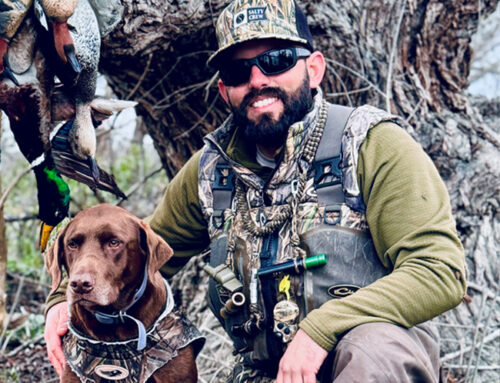
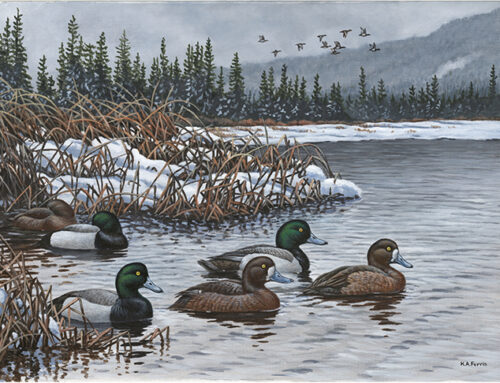
What about the merganser season dates well there be any change it them
I don’t understand why someone would shoot a merganser that eat fish and would taste like fish!
Michigan passed a common sene law. Where as a lot of teal fly just at dark 15 minutes were added to the first week of the hunting season to make it 45 min after sunset.